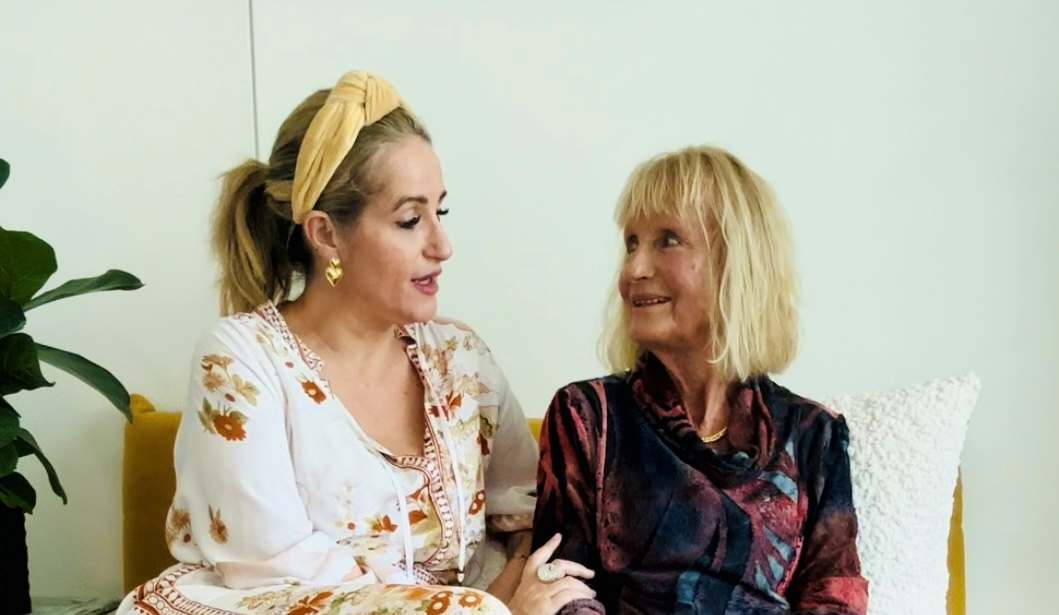This article explains some of the key outcomes of the Royal Commission and shares details about the aged care reforms that have been or will be introduced as a result.

The Australian Government established its Royal Commission into Aged Care Quality and Safety in 2018, with the goal of reviewing the country’s aged care system and finding ways to ensure all elderly Australians receive quality care when they need it.
Over the course of this inquiry, twenty-three hearings and workshops were conducted, and over 10,000 submissions were received. The Commission looked into areas such as the delivery of complex care, routine care, and systemic issues in aged care while keeping the themes of dignity, respect, control and choice in mind.
The final report, titled Dignity, Care and Respect delivered close to 150 recommendations for the fundamental reform of the aged care system.
What was the Royal Commission into Aged Care?
A concern about the quality of aged care in Australia led to the Governor General instituting a Royal Commission. Officially titled The Royal Commission into Aged Care Quality and Safety, the commission handed in its final report in early 2021.
The inquiry was set up to look at three spheres of aged care in Australia:
- Home care
- Dementia care
- Residential aged care
According to the Department of Health and Aged Care, the Royal Commission looked at:
- the quality and safety of residential and in-home aged care for older people
- the quality and safety of care for young people with disabilities living in aged care homes, including:
- the extent to which these services meet peoples’ needs
- the extent of substandard care, including mistreatment and all forms of abuse
- the causes of any systemic failures
- actions that should be taken in response
- how to best deliver aged care services to:
- people with disabilities living in aged care homes (including younger people)
- people living with dementia
- how to give people more control and choice in relation to their care, and improve engagement with families and carers
- what the government, aged care sector, families and community can do to ensure quality and safety in aged care
- how to best deliver aged care services in a sustainable way through:
- innovative models of care
- use of technology
- investment in the aged care workforce and capital infrastructure
- the future challenges and opportunities for delivering accessible, affordable and high-quality aged care services in Australia, including in:
- the context of changing demographics and preferences, i.e. people’s wish to stay in their own homes as they age
- remote, rural and regional Australia
- the response to the coronavirus (COVID-19) pandemic in aged care, and what can be learned from this experience for responding to future pandemics, infectious disease outbreaks or other emergencies.
While the commission may have been initially triggered by a two-part report on the ABC’s investigative program Four Corners, it really was about helping the aged care system to move forward and ensuring the best treatment for elderly Australians.
What are the aged care reforms in Australia?
The Royal Commission published an extensive list of recommendations for reform in aged care, all of which can be seen here. You can also read the executive summary of the final report by the aged care commission here.
The Aged Care Quality and Safety Commission has released a list of nine reform measures to tackle the issues raised by the Royal Commission.
These measures cover:
- Australian National Aged Care Classifications (AN-ACC) and a care funding model that provides more equitable funding to providers
- The development of star ratings for residential aged care facilities
- A new code of conduct for approved providers, governing persons and aged care workers
- The introduction of a Serious Incident Response Scheme (SIRS)
- Strengthened governance of approved providers
- Legislative changes relating to information sharing
- Legislative changes relating to the use of refundable deposits and accommodation bonds
- New governance arrangements for the Independent Health and Aged Care Pricing Authority
- The strengthening of consent arrangements for use of restrictive practices for aged care consumers
These measures are intended to:
- Ensure greater transparency and accountability among aged care providers
- Improve the quality of care and personal safety of elderly Australians receiving care.
Four of these nine measures are directly relevant to the quality of care senior Australians receive. To share some more details:
- Serious Incident Response Scheme (SIRS) expansion into home services
Currently, the SIRS only covers residential aged care. As of 1 December 2022, the scheme will be extended to cover home care and flexible care delivered in a home or community setting.
This will then include the providers of:
- Home Care Packages
- Short-Term Restorative Care at home
- Commonwealth Home Support Programme (CHSP)
- National Aboriginal and Torres Strait Islander Flexible Aged Care (NATSIFAC)
- Multi-Purpose Services Program
- Transition Care Program services
Looking for aged care?
Get a customised list of aged care options
- New Code of Conduct for Aged Care
The new code of conduct will also be implemented for Australian aged care providers on 1 December 2022. It will cover aged care providers, their workers, and governing persons, and sets out exactly how providers and workers delivering care are expected to behave.
- Strengthened governance of approved providers
Legislative changes will require providers to improve arrangements in relation to governing body membership, leadership, and culture.
- Restrictive practices
Some individuals may not have the ability to provide consent for restrictive practices used for themselves, or there may not be an alternate means for the provision of consent on their behalf through State or Territory functions.
Restrictive practices will be given more constructive consent regulations. Upgraded regulations more clearly lay out exactly who can give consent in an instance where a person is unable to provide consent themselves.
What are the five pillars in aged care?
Another significant enterprise in the reformation of aged care in Australia is the five pillars over 5 years initiative.
The pillars are:
- Home care
- Residential aged care services and sustainability
- Residential aged care quality and safety
- Workforce
- Governance
Under each pillar are initiatives that will be rolled out between 2021 and 2025. For example, 40,000 more home care packages were promised in 2021 and 2022. 2023 will see the introduction of improved support and training in dementia care, as well as additional training places for personal care workers to attain a Certificate III in Individual Support (Ageing).
The initial budget for these five pillars was $17.7 billion. In December 2021, the federal government committed a further $632.6 million to the project and then a further $468.3 million in the 2022-23 budget.
How will aged care reforms impact seniors in Australia?
According to the Department of Health and Age Care, the major impact of these reforms that they hope to see is improved dignity for the elderly.
The overall goal is to create a sector that:
- is responsive to the needs of older Australians
- is simpler to navigate, with face-to-face services
- empowers older Australians to make informed choices
- is well regulated
- is more transparent
- makes sure providers are accountable
- values and grows the aged care workforce
In short, senior Australians receiving aged care should expect to be better cared for and to enjoy more regard for their health, safety, and autonomy as a result of the Royal Commission into Aged Care and the resulting reforms.
In addition to this, the reforms should mean that Australians who have loved ones in aged care can live with more confidence that their loved one is being well taken care of in whatever form of aged care they receive.
Choosing an aged care facility
While the reforms triggered by the Royal Commission into Aged Care Quality and Safety will improve the overall quality and standards of aged care in Australia, individuals will still need to take the time to find a residential aged care facility or home care provider that meets their specific needs.
If you are looking for a nursing home/residential aged care facility or home care provider near you, Aged Care Decisions can help. We are connected with over 1200 facilities and assist thousands of families to identify optimal aged care solutions every month, 100% free of charge.












